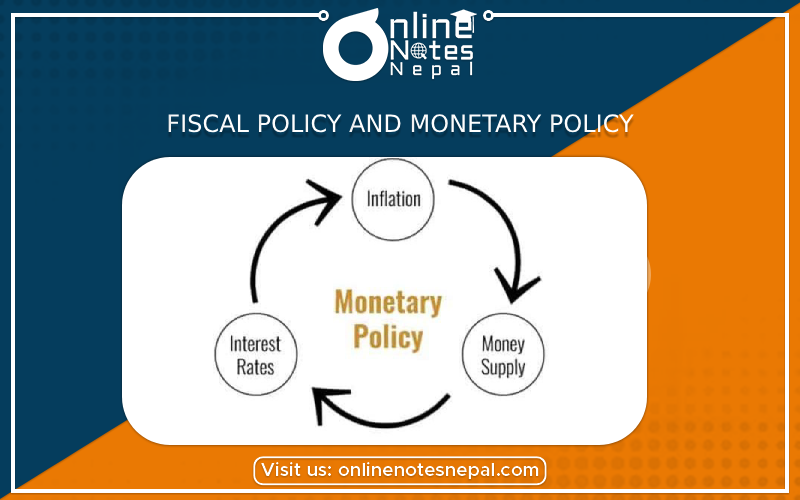Published by: Dikshya
Published date: 07 Jul 2023

Monetary Policy is basically concerned with the monetary system of the country. It refers to the policy measures undertaken by the Central Bank to influence the money supply as an investment for achieving the objectives of general economic policy. Monetary Policy helps in the achievement of such objectives such as optimum level of output and employment, price stability and economic growth influencinf the level of aggregate demand and aggregate supply and thereby the level of money income.
Central bank formulates and operates monetary policy in a country. A sound monetary policy is the prerequisite of a successful and comprehensive programme of development planning.
Instruments of Monetary Policy:
1. Quantitive Controls:
Quantitive controls affect the level of aggregate demand through the supply of money, cost of money and availability of credit. Some Quantitive controls instruments are:
- Bank rate
- Open Market Operations
- Changes in cash reserve ratio
2. Selective Credit Controls:
Selective or qualitative methods of credit control aim at regulating and controlling the allocation of credit among various users rather than influencing the general availability of credit.
Selective credit control instruments are:
- Regulation of consumer credit
- Regulation of margin requirements
- credit rationing
- Direct Action
- Moral Suasion
- Publicity
Types of Monetary Policy
1. Restrictive Monetary Policy:
A monetary policy designed to curtail aggregate demand is called restrictive monetary policy. It is used to overcome an inflationary gap.
2. Expansionary Monetary Policy:
A monetary policy designed to increase aggregate demand is called expansionary monetary policy. It is used to overcome a recession or a depression or recessionary gap.
Objectives of Monetary Policy:
- Neutrality of Money
- Exchange Rate Stability
- To correct Disequilibrium BOP
- Price Stability
- Full Employment
- Economic Growth with Stability
Significance of Monetary Policy in developing Countries
- To correct inflationary pressures
- To correct BOP Disequilibrium
- Formulation of effective Interest Rate Policy
- To develop Banking and FInancial System
- For Price Stability
Fiscal Policy is a policy concerning the receipts and expenditures of the government. It refers to the budgetary policy of the government. It operates through changes in the government expenditures, taxation and public borrowings. The modern fiscal policy is a technique to attain and maintain full employment by manipulating public expenditure and revenue in such a way as to keep equilibrium between effective demand and supply services at a particular time.
Instruments of Fiscal Policy
a. Budget
b. Public Expenditure
- Current Expenditure and Capital Expenditure
- Direct Expenditure and Transfer Expenditure
- Productive and Unproductive Expenditure
c. Public Revenue
- Tax Revenue
- Non-Tax Revenue
d. Public Debt
-Internal and External Public Debt
Methods of fiscal Policy
- Built in Flexibility
- Discretionary Fiscal Policy
- Compensatory Fiscal Policy
Objectives of Fiscal Policy
- for optimum allocation of resources
- for creating full employment
- for price stability
- For equitable distribution of income and wealth
-for economic growth
Roles of Fiscal Policy
- for mobilization of resources
- for capital formation
- to minimize the inqeualities of Income and wealth
- to increase employement opportunities
- For counteract inflation
- to correct disequilibrium in BOP